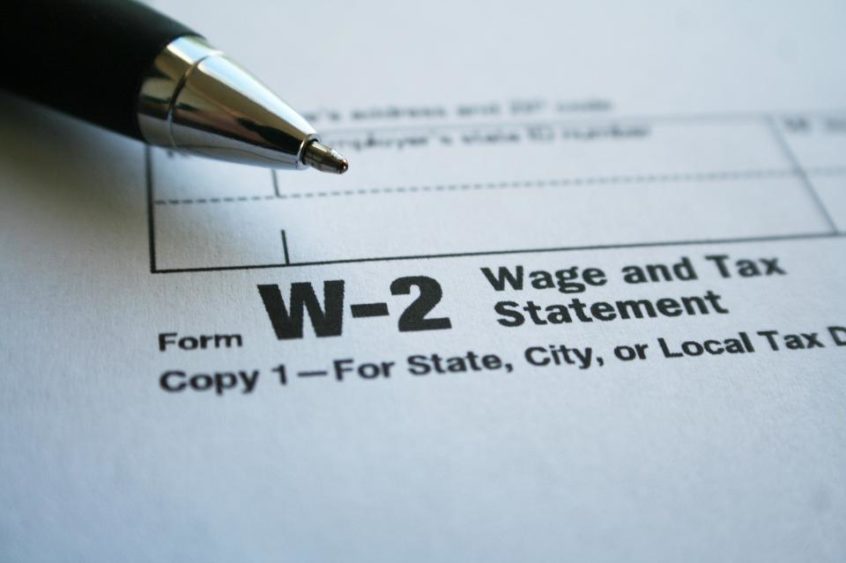Most of you probably know that breaking tax rules, even if on accident, can bring serious consequences like an audit, but you should know your important taxpayer rights as well. Below we’re outlining what your rights are in case you run into a problem with the IRS.
Important Taxpayer Rights
The Taxpayer Bill of Rights, which the IRS adopted in 2014, summarizes taxpayer rights scattered throughout the tax code, making it easier to understand what the IRS can and can’t do. The Taxpayer Bill of Rights groups taxpayer rights into 10 basic rules:
- Be informed.
- Quality service.
- Pay no more than the correct amount of tax.
- Challenge the IRS’s position and be heard.
- Appeal an IRS decision in an independent forum.
- Finality.
- Privacy.
- Confidentiality.
- Retain representation.
- A fair and just tax system.
Taxpayers have the right to retain representation. Taxpayers also have the right to talk to an IRS supervisor — a move that might save hours of time and frustration.

Knowing what your rights are can help you in case of an IRS problem.
What Are The Limits?
The Taxpayer Bill of Rights may help you navigate disputes. However, it’s not necessarily a tool for things like resolving problems with a specific employee. Other options for taxpayers include filing a complaint with the Treasury inspector general for tax administration, an IRS watchdog, or turning to the courts.
If you need an experienced CPA to guide you through any tax challenges, call Williams & Kunkel CPA today in Flower Mound at 972-446-1040 to have a chat.
In addition, you can connect with us to receive updates throughout the business week by following us on Twitter or LinkedIn or liking us on Facebook.
Source: USA Today


One Comment on “The Most Important Taxpayer Rights to Know”
Hi Williams,
Taxpayers are only required to pay the tax that is due on their tax return each year, along with any applicable interest and penalties and nothing more. If they make a tax payment, they have the right to have that payment applied to their accounts correctly, at the time it is received, and for the correct tax year.
Thanks